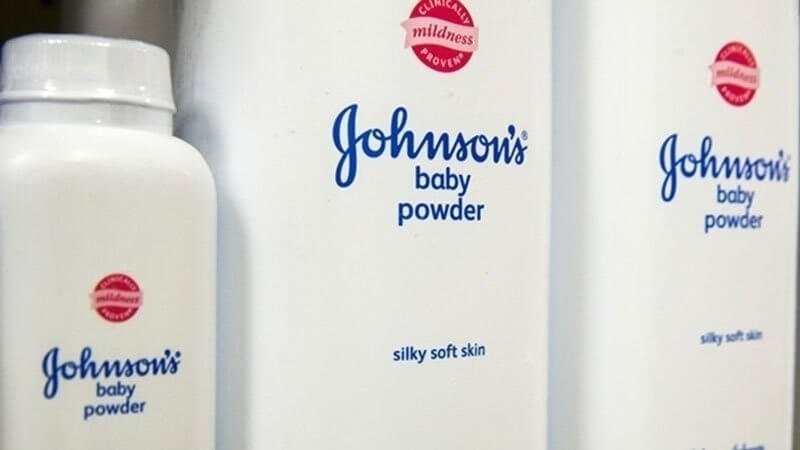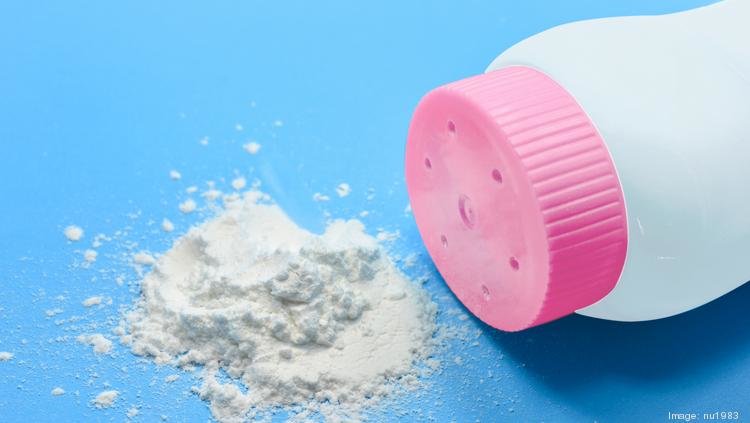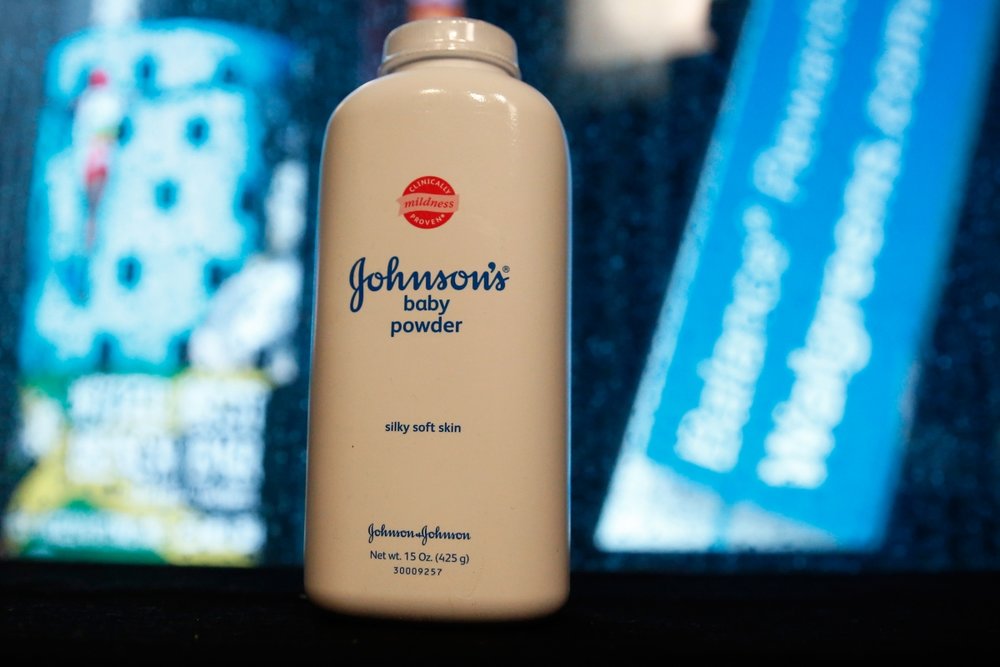
Johnson & Johnson Set to Cough Up $4.7 Billion in Damages

After reports were made that Johnson & Johnson’s talc products led to 22 women contracting ovarian cancer, the company has been hit with an incredible $4.7 billion damages fee. The figure was arrived at after an initial hearing in Missouri, a U.S. state awarded the women $500 million in compensation. Later on, the punitive charges were increased by $4.1 billion.
In response to the verdict, Johnson and Johnson exclaimed that they were extremely disappointed before stating that they would seek to appeal the decision. After an intense 6-week trial, 22 women and their families stated their case and made it known that they contacted ovarian cancer after becoming habitual users of the company’s brand of baby powder and an assortment of other talc product. Amazingly, of the 22 women enjoined in the case, 6 have already succumbed to ovarian cancer.

The judgement comes hot on the heels of 9,000 other legal cases that the company has been trying to extinguish after complains were made about their signature baby powder product
Lawyers representing the women and their families have echoed out a similar tune. They claim that Johnson & Johnson was already aware that their products contained harmful asbestos since the 1970s but failed to take action on the issue.
As a mineral, talc is usually mined from the ground, usually in close proximity to asbestos. All through the hearing, Johnson & Johnson refuted the claims that their products contain asbestos. They even went to the point of emphasizing that their products didn’t contain any cancer-causing elements.
Concepts
In a bid to ascertain the facts, the U.S. Food and Drug Administration (FDA) has commissioned a study to review a handful of talc varieties. Some of the products in review include J&J produced between 2009 and 2010. In their analysis, they were unable to detect traces of asbestos in them.
For a number of years, the debate about the safety-worthiness of talc products has raged on. Many believe that using talcum powder around the genitals can enhance the odds of one contracting ovarian cancer. However, there has not been much evidence to support this notion. Notably, the International Agency for Research on Cancer has categorically listed out the use of talc on genitalia as “possibly carcinogenic”. The reason behind this classification is because of the distorted and mixed proof.
In it’s naturally occurring form, talc contains the harmful cancer-causing asbestos. Johnson & Johnson have come to the fore in defense of their product as they cite that they have been using asbestos-free talc since the 1970s. The only problem is that studies conducted on asbestos-free talc have produced contradicting findings.
A couple of studies have shown that using asbestos-free talc can lead to the development of a number of cancer maladies. There have been concerns raised about the validity of such statements since most of the research conducted on individuals was based on respondents remembering the quantities of talc they used for a number of years. The jury is still out there because other studies have found zero co-relation between contracting ovarian cancer and the use of talc products.
Verdict

The latest verdict represents the single largest payout Johnson & Johnson have faced
Most of the 22 women in the case reside outside Missouri. Their cases were presented to the court in a combined fashion known as forum shopping. After the ruling, Johnson & Johnson expressed optimism that the ruling would be reversed.
Ovacome, a charity organization that concerns itself with the matter, has been quick to point out that evidence for a link is not fathomable. They’ve based their thinking on the fact that ovarian cancer is a relatively rare condition and that talc product are likely to play a minor role in their prevalence. They’ve also noted that talc cancer is usually the result of several factors coming at play, inherited genetics, and environmental factors. Talc just happens to play a minor role.
The charity organization has opined that if talc was actually responsible for a slight increase in the probability of women contracting ovarian cancer, not all women expose to talc products would likely contract the malady.
More in Business
-
Ashton Kutcher’s Lucrative Business Ventures
Ashton Kutcher, a name that resonates with the silver screen’s allure, has emerged as a master of diverse talents, not confined...
December 8, 2023 -
Why American Consumers Are Falling Behind on COVID-Era Debt
When the world was grappling with the health crisis brought on by COVID-19, the U.S. economy faced an equally formidable challenge:...
November 27, 2023 -
Dr Dre and Ex-Wife Nicole Young Finalise $100m Divorce Settlement
After months of legal proceedings, Dr Dre, the legendary rapper, producer, and businessman, officially brought his tumultuous divorce from ex-wife Nicole...
November 22, 2023 -
5 Tell-Tale Signs That It Is Time to Say Goodbye to Your Current Job
Are you feeling like your job is more like a ball and chain than a fulfilling career? The daily grind, the...
November 19, 2023 -
WWE Signs $1.4 Billion Broadcasting Contract for SmackDown
In an explosive turn of events, World Wrestling Entertainment (WWE) has just unleashed some earth-shattering news for its legions of fans....
November 9, 2023 -
Navigating the Mortgage Maze as Interest Rates Take a Historic Leap
The U.S. housing market is nothing short of a dynamic entity. It evolves, reacts, and sometimes, just like the current real-estate...
November 3, 2023 -
Celebrity Couples Where the Woman Has a Higher Net Worth
In a world where gender roles and financial dynamics constantly shift, it’s not unusual to find celebrity couples where the woman...
October 27, 2023 -
Why the Gender Pay Gap Could Be Worsening
Picture this: Two college students, Alex and Charlie. Both are bright, have the same interests, and are ready to embrace the...
October 19, 2023 -
JC Penney’s Remarkable $1 Billion Revival Plan
In a remarkable turnaround, JC Penney unveiled a bold $1 billion revival plan, breathing new life into a brand that faced...
October 12, 2023















You must be logged in to post a comment Login